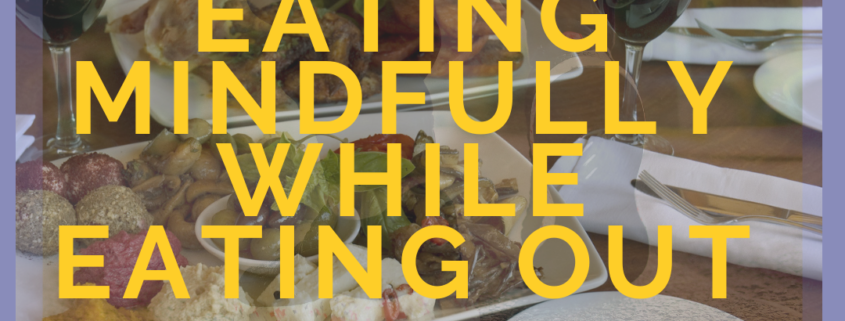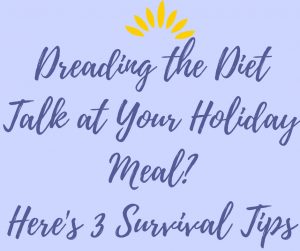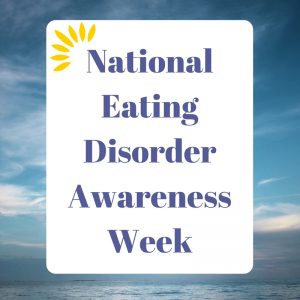Practicing Intuitive Eating in Warmer Weather
 I don’t know about you, but when the warm weather hits, my desire for food changes. Don’t get me wrong, I still want to eat, but the type of foods my body asks for, and the amounts do change.
I don’t know about you, but when the warm weather hits, my desire for food changes. Don’t get me wrong, I still want to eat, but the type of foods my body asks for, and the amounts do change.
My appetite tends to decrease during the summer months, and I choose lighter meals and find that I snack less. On the other hand, during the winter months, I find myself choosing heartier meals that fill me up for longer.
What about you? Have you noticed this too?
The Science Behind it
The reasons behind the changes in your eating patterns during certain times of the year has to do with science.
Appetite has been found to be closely related to climate change. Our meals are connected to the changes in the weather. Research shows that people tend to eat “lighter” or “cooler” foods when it’s hot. Think ice cream, ices, salads, and fresh fruit.
The concept of thermoregulation explains these eating changes.
What is Thermoregulation?
Thermoregulation is the ability to keep your body temperature within certain boundaries, even when the surrounding temperature is quite different.
Simply stated, thermoregulation is the natural maintenance of your body temperature.
Your internal body temperature is regulated by a part of your brain called the hypothalamus. The hypothalamus monitors your body temperature and compares it with a normal temperature of about 98.6 degrees Fahrenheit. If your temperature is too low, the hypothalamus makes sure that your body generates and maintains heat.
One way it does this is by eating. As you eat, your body provides energy and as a result, produces heat as way to regulate your body’s internal temperature.
As the weather gets warmer, your body wants to stay cool. So, in the summer months, you may find that your appetite tends to be reduced, especially when you’re feeling hot. This is your body trying to regulate your body temperature by cutting down on heat-generating functions like the digestion of food.
When the weather is hot, the difference between your body temperature and the outside temperature is less, meaning less energy is required to maintain optimal body temperature.
On the flip side, in the winter when it’s cold outside, your body has to work harder to stay at 98.6°F so you eat more food in the winter to help fuel that process.
Eating Intuitively During the Summer Months
With less of an appetite and perhaps skipped meals, you may wonder if you are still honoring your Intuitive Eating practice if you eat less.
Here are some tips to eating intuitively during the summer:
- Identify What You Really Want to Eat
There are no “should’s” in Intuitive Eating. Don’t prepare a meal that you think you “should” be eating but don’t really want. And just because someone else prepared a meal for you doesn’t mean you have to eat it. Asking yourself what you really want to eat is key to having satisfaction with your meals.
- Eat With Awareness
Not only do you want to eat with intention, you want to eat with attention. Stay present and fully aware of what and how much you are eating. If you are eating outdoors, your internal body temperature might rise and it may affect your appetite, so pay attention if you are continuing to eat just because the food is there and you don’t want to waste it.
- Nourish as Part of Self-Care
When you are hot and your appetite is affected, it may be easy to forget to eat. In these situations, it might be helpful to eat every 3-4 hours to nourish yourself as it might be more challenging to detect your hunger signals.
Bottom line:
- A decreased appetite in the summer is “normal”.
- If you have a hard time detecting hunger signals, try to eat every 3-4 hours as part of your nourishment self-care plan. Choose to eat in a cool environment versus in the hot sun.
- Your appetite may not be affected at all, and that’s okay too!












